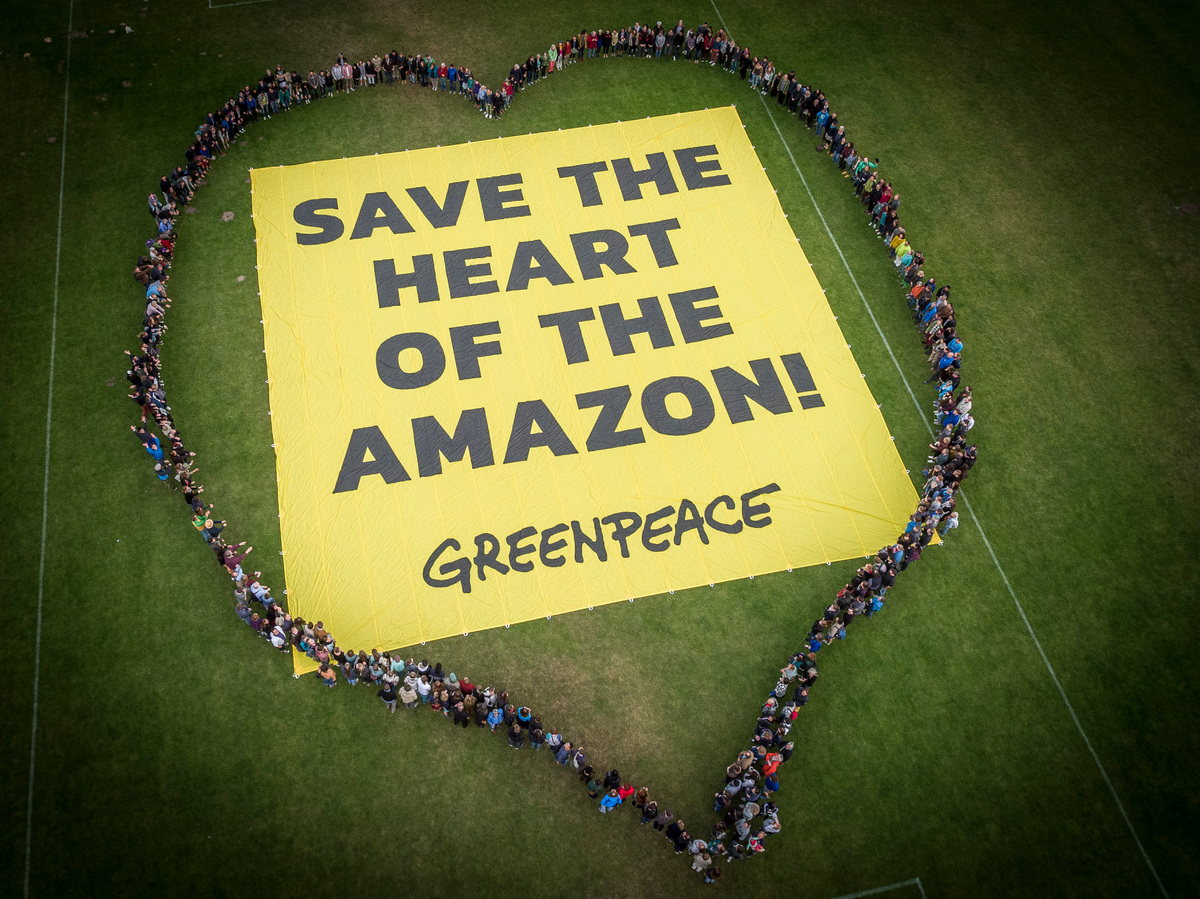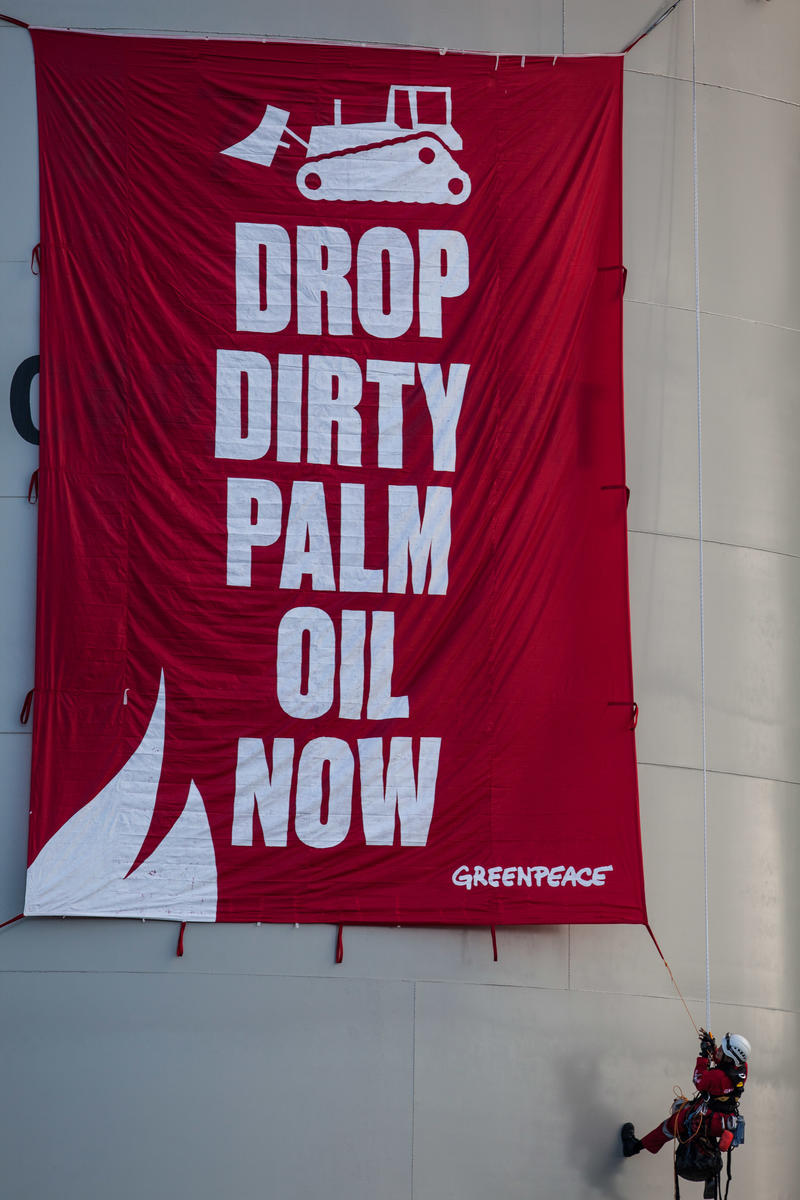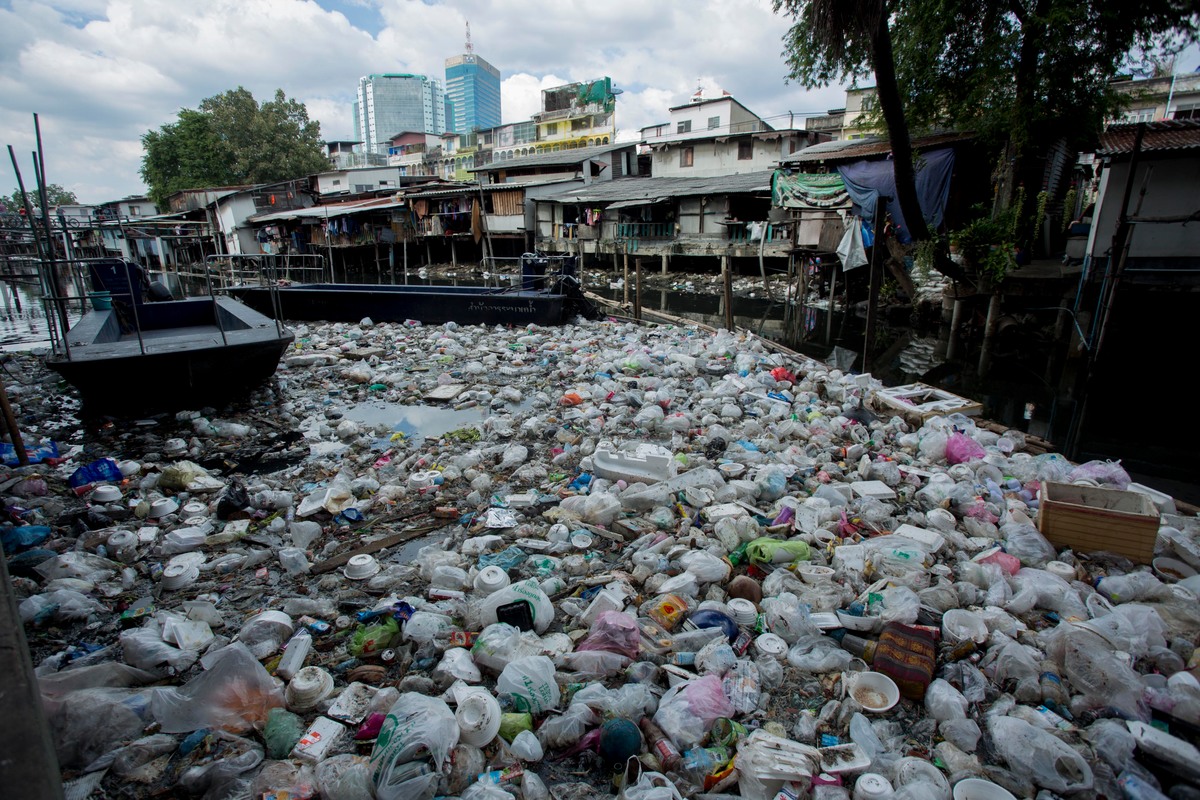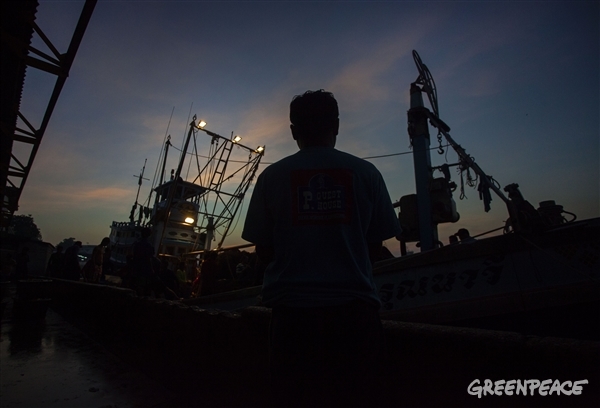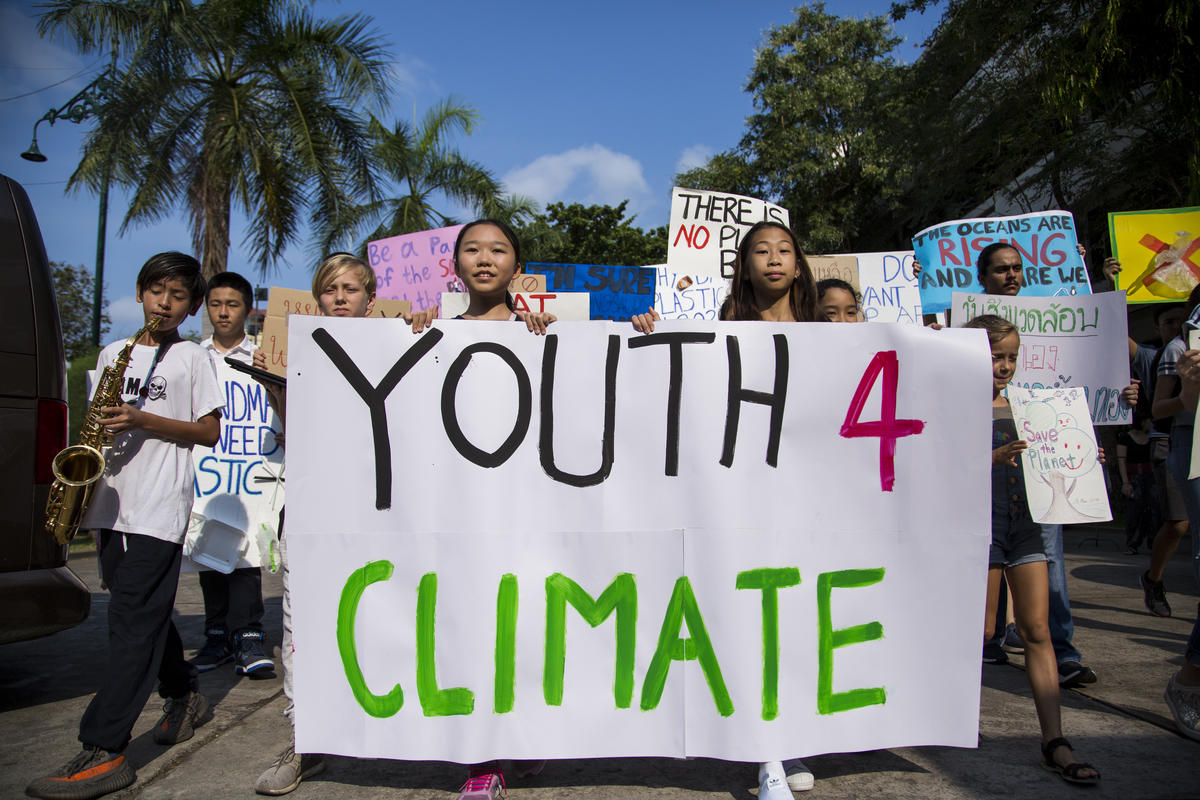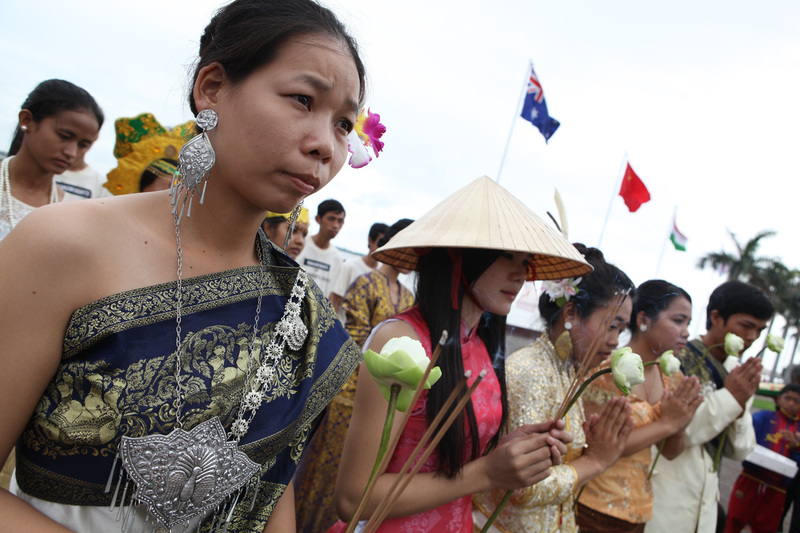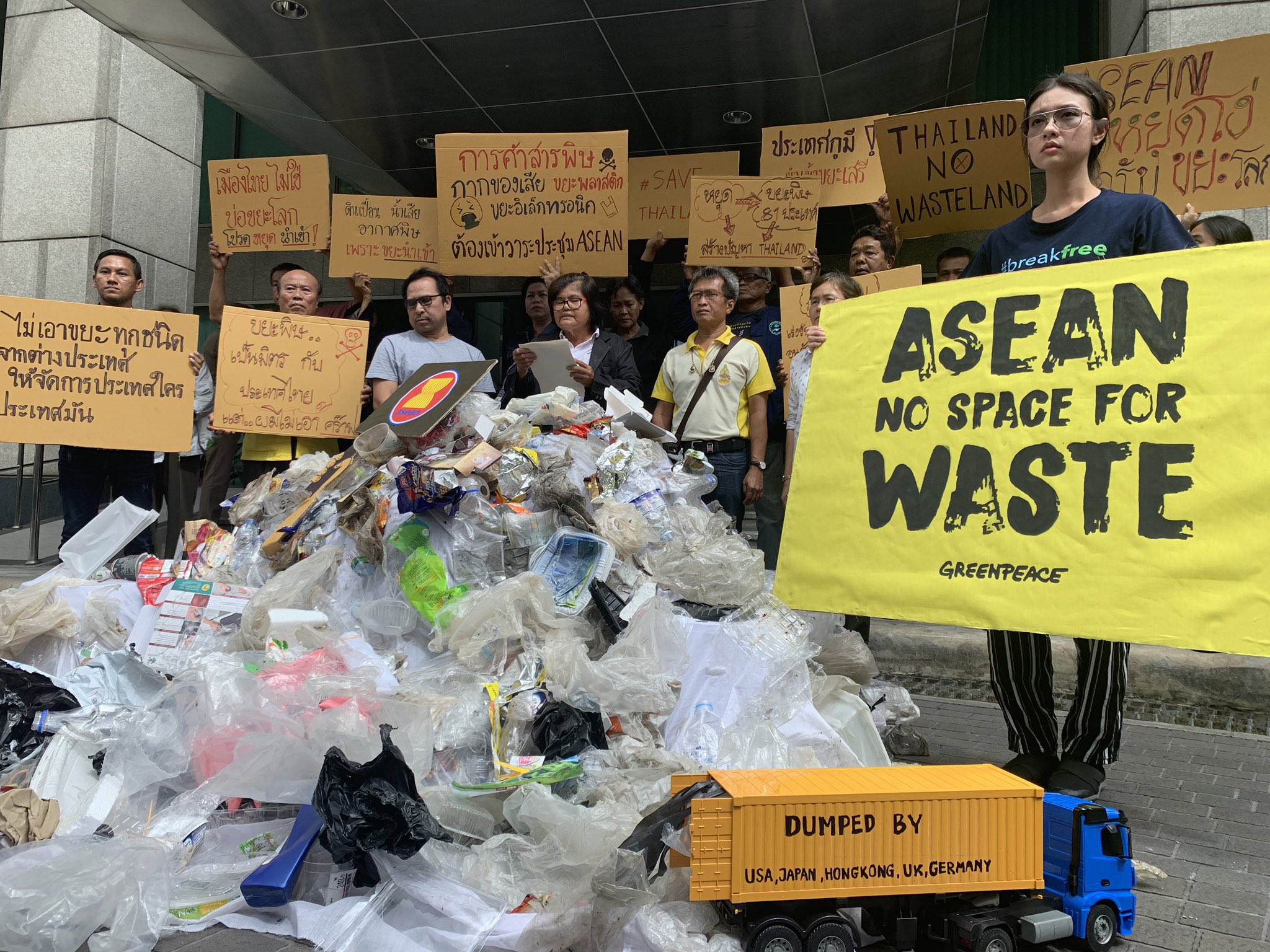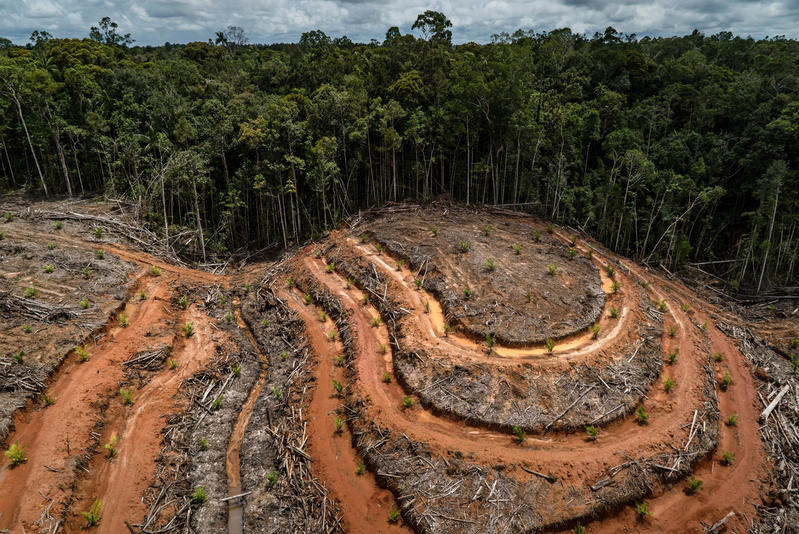-
Greenpeace calls on fast food giants to take a stand against Bolsonaro’s Amazon destruction
As fires continue to ravage the Amazon, Greenpeace International has launched a campaign asking fast food giants Burger King, McDonald’s and KFC to reject goods linked to environmental destruction in the Amazon and across Brazil.
-
Greenpeace halts engagement with Wilmar-Unilever-Mondelez over continued failure to take necessary action to cut deforestation from their supply chains
According to the recent IPCC report, land use, including deforestation, makes up 23% of greenhouse gas emissions. Companies such as Wilmar, Unilever and Mondelez must stop buying from any source that is linked to deforestation.
-
Greenpeace recommendations for Thailand’s plastic management roadmap to mitigate the impacts of plastic pollution on wildlife and iconic species
Thailand's alarming plastic pollution has been linked to the recent deaths of animals and endangered species-- most recently a wild deer and a baby dugong.
-
We must put an end to modern-day slavery at sea
With the ever growing demand for seafood, commercial fishing vessels need to work overtime and catch as much as they can, whenever they can. For such a labor-intensive business, you would need a lot of man-power. Men from Cambodia, Myanmar, Thailand, Indonesia and the Philippines end up working on these ships. For most, their freedom…
-
The crunch question on climate: How can I help?
Working in climate and environment, you hear this question a lot. On one hand, environmental groups — including Greenpeace — will tell you that every action you take can make a difference. Every action counts!
-
Greenpeace Statement on the ASEAN Framework of Action on Marine Debris
The Bangkok Declaration and the ASEAN Framework of Action on Marine Debris is a good example of how regional action can be achieved to address a common challenge. However, the Framework falls short of addressing the plastic pollution problem at root, by giving more focus to waste management rather than the need to reduce the…
-
Why waste trade should be on the ASEAN summit agenda
Leaders from the 10 member nations that make up the Association of Southeast Asian Nations (ASEAN) are in Bangkok this week for another round of high level meetings to talk…
-
ASEAN leaders welcomed by “mountain of trash” and calls to ban plastic and e-waste imports
Activists holding banners saying ‘No Space for Waste’ unveiled the spectacle during a protest by environmental groups, including Greenpeace, and community representatives from across Thailand outside the Ministry of Foreign Affairs of Thailand - which has been chosen as the ASEAN-National Secretariat - a major focal point during this week’s talks.
-
Greenpeace statement to Golden Agri-Resources response
"Eight years ago, GAR committed to forest protection and extended that to cleaning up its third-party suppliers in 2014. After five years we would have expected any serious company to have completed this. However, GAR is still at the stage of mapping pilots with no commitment to transparently map and monitor all suppliers at the…
-
Community Rights Advocates Challenge to ASEAN Leaders: End the Toxic Trade in Plastics and E-Waste
As the 34th ASEAN Summit gets underway, chaired by Thailand under the theme of “Advancing Partnership for Sustainability,” community rights advocates from Malaysia, Philippines and Thailand are uniting to challenge ASEAN leaders to establish bold and visionary regional policies to immediately ban the flow of foreign plastic waste and e-waste entering the region, and regulate…

